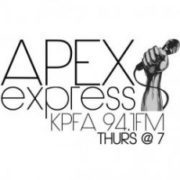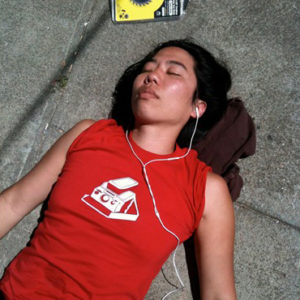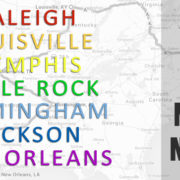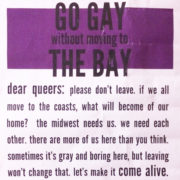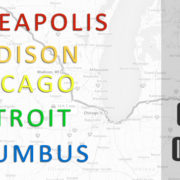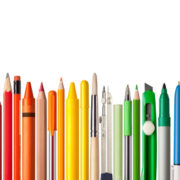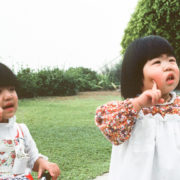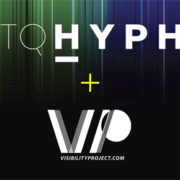Diving Deep into #PulseOrlando – Guest speaker on APEX Express

On June 23rd, Visibility Project Director, Mia Nakano was a guest host on APEX Express and moderated a discussion around how #PulseOrlando impacted the LGBTQ AAPI community, particularly with Queer Muslims.
Download or listen to the program here.
Tonight on APEX Express, we have guest host Mia Nakano with the Visibility Project, a national portrait and video collection dedicated to the Queer Asian American Women & Trans* community. She helps us delve into a discussion with our community about life after the Pulse Orlando tragedy. We bring you perspectives from queer, radical Asian American, South Asian, and Muslim community members including Cayden Mak from 18 Million Rising, an AAPI political advocacy and awareness organization, Poonam Kapoor and Mohammed Shaik Hussain Ali from Trikone, a Bay Area based LGBTQ South Asian group, and writer and activist Canyon Sam.
MIA’S INTRO
On Sunday, June 12th, 49 people were killed during one of the largest mass shootings in US history. A hate crime where a single shooter targeted the Lesbian Gay Bisexual Transgender Queer community. A hate crime that took the lives of many young Puerto Rican men, black and brown folks, and people of color who were targeted at a Latinx night. This crime took place at Pulse, and much of the media is reporting Pulse as a nightclub. But Pulse was much more than that to the residents of central florida, it was a community center, it was a gathering space to spend time with other LGBTQ folks, it was a safe space whose safety was violently shattered in one of the most horrific and violating ways.
What happened at PulseOrlando is a tragedy, but to me, it wasn’t senseless. It’s a large scale manifestation that shows how the LGBTQ community consistently faces violence, oppression, and isolation. Every 29 hours a transgender person is either killed or commits suicide. When an LGBTQ person comes out to their close family or friends, if they experience rejection, they’re 7 times more likely to attempt suicide. I state these two facts, because even though we see many more LGBTQ people in the media, on television, and in movies, the violence enacted against our community is on the rise, and is disproportionately affecting people of color and specifically black and brown transgender people.
Community centers, like Pulse, places to dance and be free, and pride, are all supposed to be safe spaces for the LGBTQ community. What happened at PulseOrlando has shattered that in a very large way.
ABOUT APEX EXPRESS
APEX Express is a weekly magazine-style radio show featuring the voices and stories of Asians and Asian Americans from all corners of our communities. The show is produced by a collective of media makers, djs, and activists and airs each week on KPFA 94.1FM.

